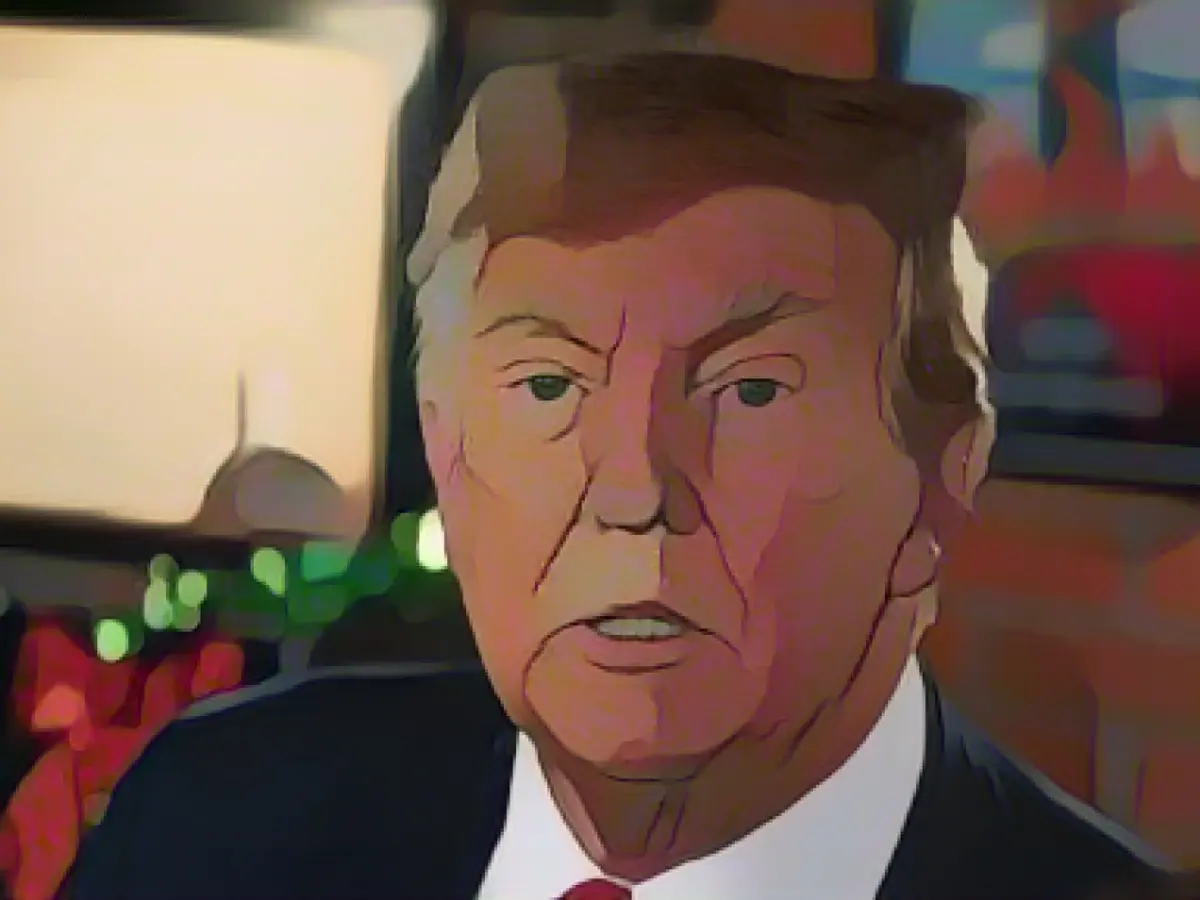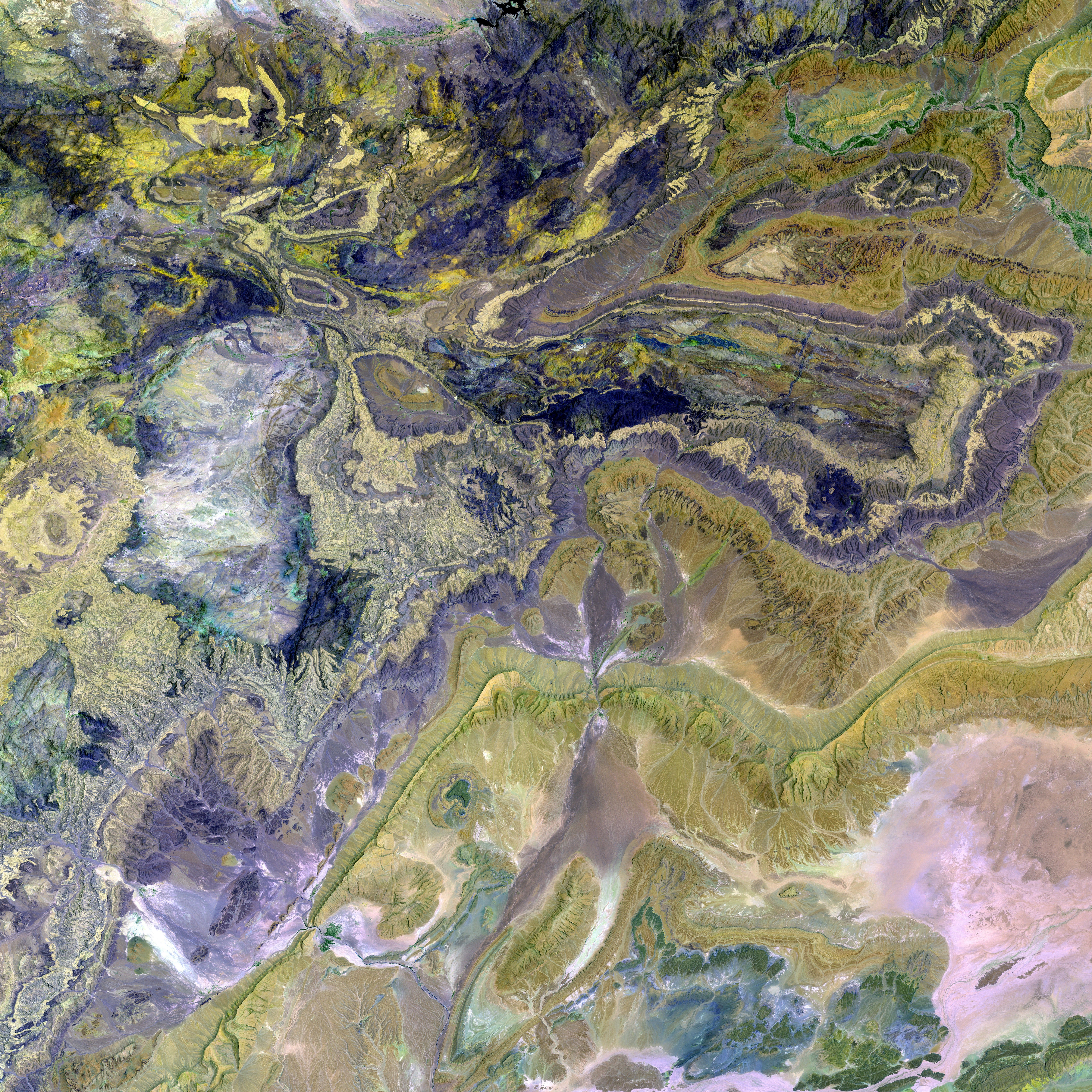If Donald Trump manages to secure another term as U.S. president, he has made it clear that his border control policies will take center stage on his first day in office. In an interview with Fox News, he suggested closing the national border as a possibility from day one, emphasizing that "After that, I'm not a dictator."
Despite losing the 2020 elections to Joe Biden and refusing to concede defeat, the Republican Trump is still a formidable contender for the 2024 presidential race. Internal Republican party polls place him atop the competition with a substantial lead over his competitors, indicating his enduring popularity.
One of Trump's key priorities is securing the border, a stance that echoes his previous term in office. He is known for his firm stance against unlawful immigration, which remains a significant part of his political agenda.
Incorporating insights from Project 2025, a conservative policy blueprint created by the Heritage Foundation, Trump's border control initiatives align with the objectives outlined in the document. The project advocates for a centralized control system in the White House, limiting the autonomy of prominent agencies and establishing a merit-based federal civil service.
Trump has issued numerous executive orders focused on controlling immigration and enforcing border policies. These regulations aim to restrict refugee and asylum programs and hinder the entry of noncitizens involved in an "invasion" of the United States, including illegal immigration.
However, Trump's approach to border control has been subject to criticism. His flexible interpretation of presidential power and alleged breach of congressional authority raise concerns about potential autocratic governance. Nonetheless, Trump maintains that these measures are necessary in times of crisis and that his inherent constitutional powers extend to such situations.
Trump's proposed extreme border control measures, if implemented, would involve several significant actions aimed at restricting immigration and asylum seekers at the U.S.-Mexico border. These actions include declaring an "invasion," suspending entry, restricting and blocking asylum, restarting border wall construction, reinstating the "Remain in Mexico" policy, eliminating the CBP One app, negotiating Safe Third Country agreements, deploying military personnel, and suspending refugee resettlement.
These measures have faced significant legal challenges and criticism from human rights organizations and legal experts, who argue that they overstep executive authority and exacerbate humanitarian crises. The deployment of military personnel, disablement of the CBP One app, and suspension of asylum protections have been especially contentious issues.
In summary, Trump's proposed border control measures involve a complex set of executive actions aimed at restricting immigration and asylum seekers at the U.S.-Mexico border. While these measures have been met with criticism and legal challenges, they remain a central part of Trump's political agenda and campaign strategy for the 2024 presidential race.








